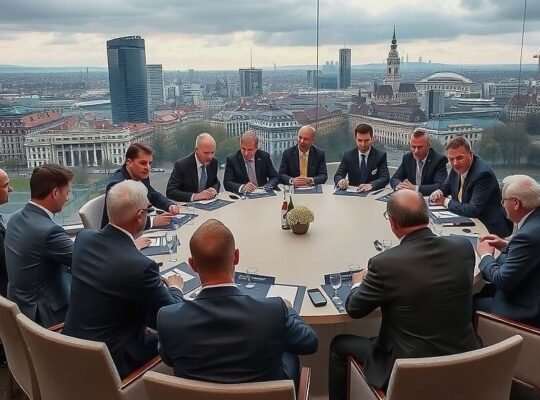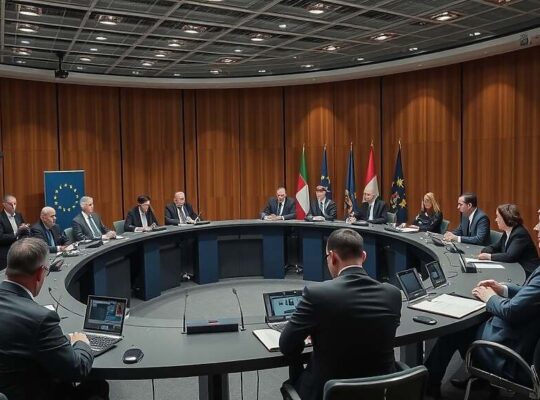Concerns are mounting within German business and political circles regarding proposed European Union plans for a new corporate tax. Several key stakeholders have voiced strong opposition, arguing the levy would be detrimental to European competitiveness and economic stability.
Gitta Connemann, Chair of the Mittelstands- und Wirtschaftsunion (MIT), described the proposal as “the opposite of right and wise” emphasizing the European Commission’s need to maintain a focus on fostering a competitive environment, particularly amidst ongoing trade tensions. She added that the Commission should prioritize budget allocation and negotiation with member states rather than imposing additional financial burdens on businesses.
Sebastian Roloff, economic policy spokesperson for the Social Democratic Party (SPD), echoed these sentiments, stating that introducing an extra tax at the current economic juncture would disproportionately affect small and medium-sized enterprises. He instead advocated for a serious discussion regarding a pan-European digital tax targeting large technology corporations.
Sepp Müller, Deputy Chair of the CDU/CSU parliamentary group, expressed “serious concerns” about the proposal, suggesting it would contradict both national and European efforts aimed at stimulating economic recovery.
The DIHK (German Chamber of Industry and Commerce) condemned the plans as sending “the completely wrong signal”. Helena Melnikow, DIHK’s Chief Executive Officer, pointed out that the EU Commission had recently signaled a commitment to reducing regulatory burdens and that the new tax would undermine this initiative. She urged the German government to take a clear stance against the plans in Brussels.












